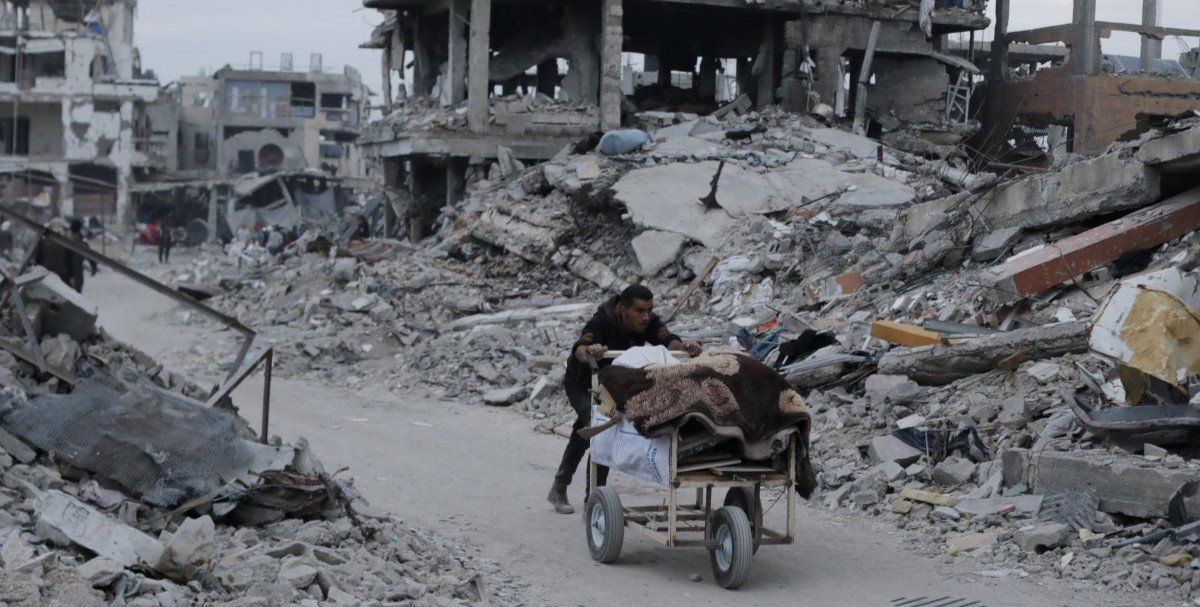Since the ceasefire between Israel and Hamas took effect on Sunday, over 2,500 aid trucks have entered Gaza to provide much-needed humanitarian relief. However, as of Jan. 26, some of that aid couldstop flowing as an Israeli ban on the operations of the United Nations Relief and Works Agency for Palestine Refugees, or UNRWA, takes effect.
Why did Israel impose a ban? Israel accuses UNRWA of links to Hamas, including staff involvement in the October 2023 attack that claimed over 1,000 Israeli lives and saw the taking of more than 200 hostages. Three months ago, Israel passed two laws designating UNRWA as a terrorist organization, banning it from operations in Gaza and the West Bank. The laws had a 90-day grace period,granted to allow other organizations to take UNRWA’s place, according to the politicians who drafted the bill, but that does not appear to have happened.
While Israel argues that only 13% of Gaza’s aid comes from UNRWA, international organizations insist the agency provides a crucial conduit for distributing aid and providing shelter. Israeli security agencies are working with the UN and the US to identify temporary solutions, but UN Secretary-General António Guterreshas refused direct talks with Israel, complicating negotiations. UNRWA employees arevowing to stay, even though defying the ban would put their safety at risk.
Meanwhile, violence has erupted in the West Bank, where Israel has reportedlydestroyed a road leading to a refugee camp in Jenin. For the past few days, Israel has conducted what it calls “counterterrorism” operations in the area, but some observers see a larger plan for annexation taking shape, backed by key members of the Trump administration. Donald Trump’s nominee for US ambassador to the United Nations, Elise Stefanik, affirmed her support for Israel’s biblical claim to the West Bank during a Senate confirmation hearing, a position also endorsed by Mike Huckabee, Trump’s pick for US ambassador to Israel.
According to Eurasia Group regional analyst Greg Brew, “Netanyahu likely gave assurances to his far-right supporters, including [far-right Finance Minister Bezalel] Smotrich, that further expansions of settlements and greater permissiveness of settler violence would be allowed so long as Smotrich stayed in the government and went along with the ceasefire in Gaza. Broadly speaking, I’d say the Netanyahu government will advance plans to expand settlements in the West Bank and will look for support from the Trump Administration in doing so.”
But talk of annexation could jeopardizeTrump’s goal of normalizing Israel’s relations with Saudi Arabia, which favors a two-state solution. We’ll be watching how Trump navigates the issue with both his new nominees and Netanyahu.
